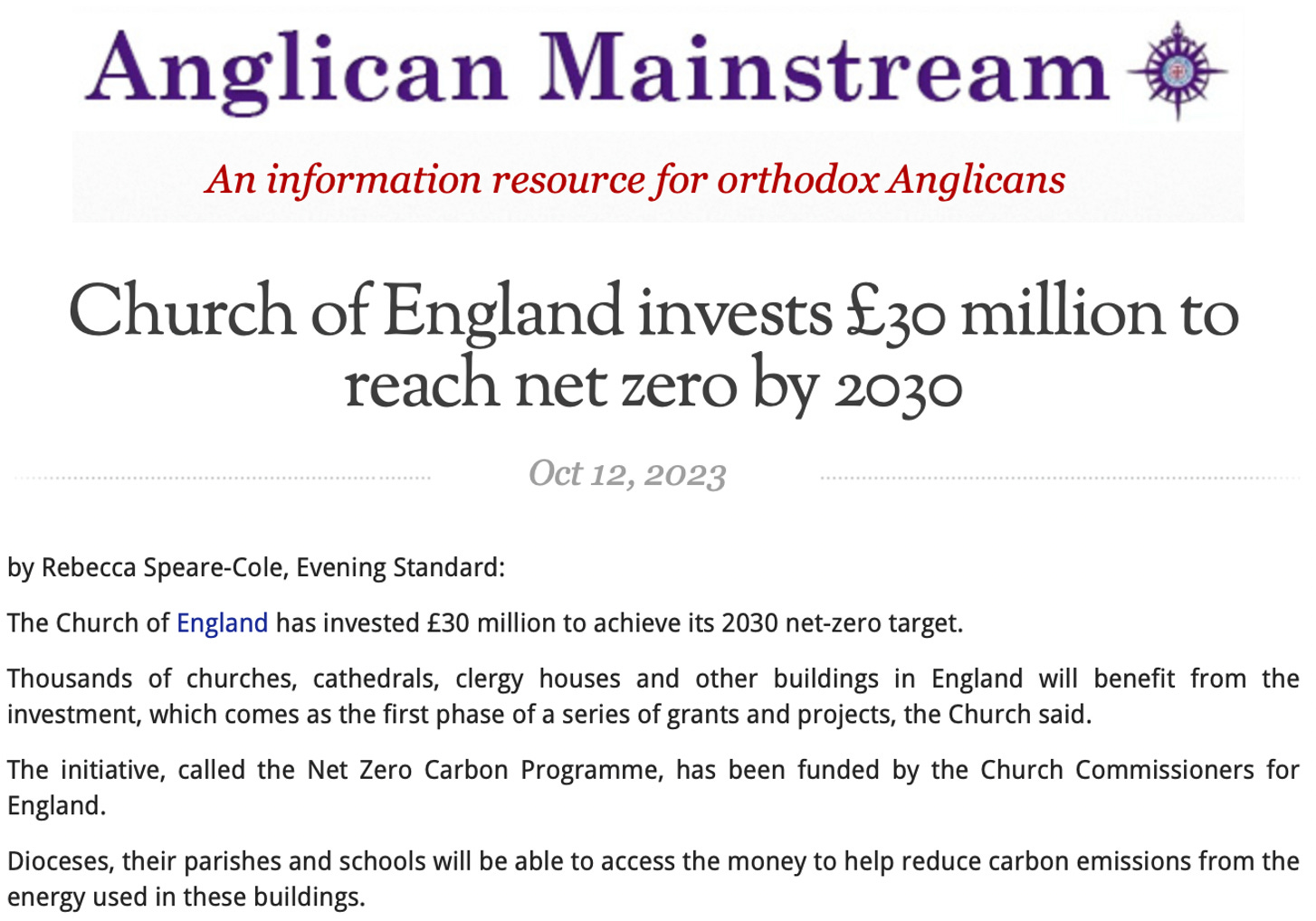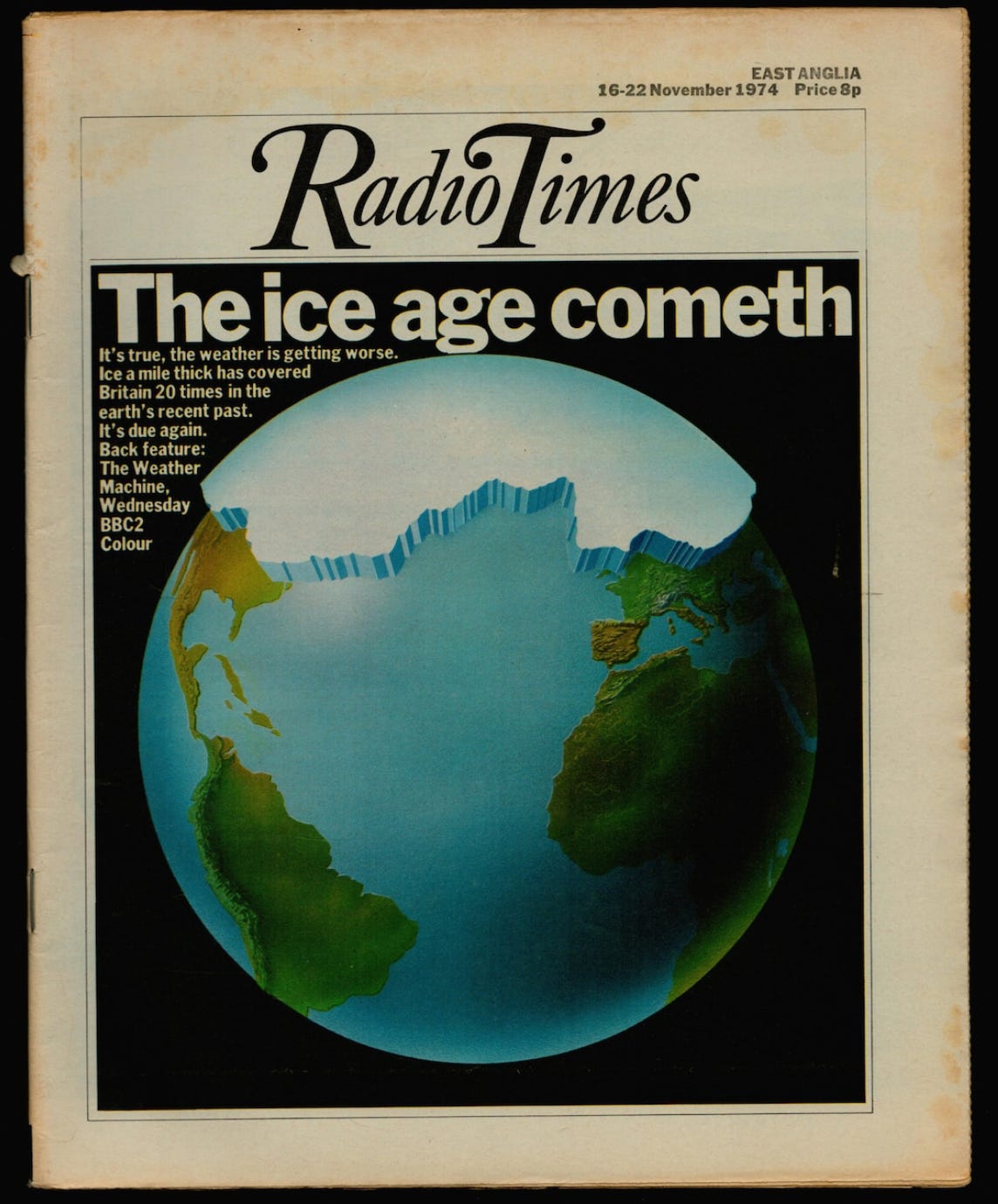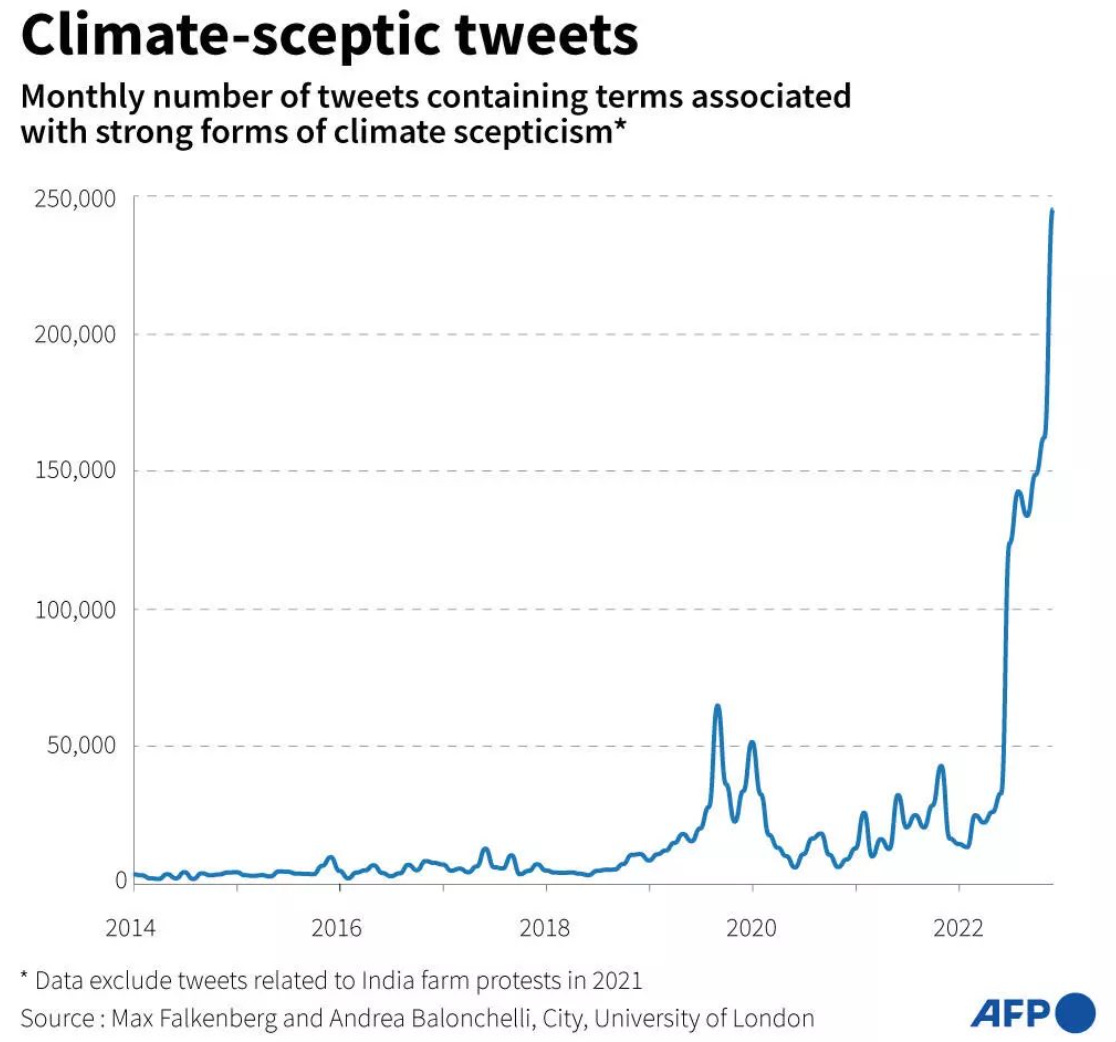Climate crisis?
Global boiling, a real-world experiment, and the rise of climate scepticism
Dear Church Leaders
I thought it worth raising some questions relating to climate. Not so much “climate change”, for it is undeniable that the climate has always been changing. But rather “climate emergency” or “climate crisis”.
Global boiling
The Church of England seems to have bought into the climate crisis narrative in a big way:
According to this lengthy document and this short video, the C of E is committed to achieving net zero carbon not by 2050 but by 2030:
And the Archbishop of Canterbury certainly sounds fully on board:
But I wondered to what extent you had thought about the issues. And particularly if you had looked into the science behind the claims that we have a climate crisis as such. Or whether you knew of church members — or indeed anyone in the Church of England — who had? How convinced are you (or they) that the available scientific evidence, by which I mean robust data rather than dubious computer modelling, is actually consistent with a climate emergency? [NB the original “computer modelling” link seems no longer to work but the article is archived here]
Baby boomers may remember that not so very long ago we were warned of a rather different sort of climate crisis, as illustrated by this Radio Times cover from 1974:
“It's true, the weather is getting worse. Ice a mile thick has covered Britain 20 times in the earth's recent past. It's due again.”
Hmm.
This was not a new idea or a flash in the pan. Around a decade earlier, The Guardian published this piece by John Maddox (later the editor of Nature for many years):
But if, as the UN claims, “since the 1800s, human activities have been the main driver of climate change”, it seems odd that in the 1970s the main threat was from an impending ice age, whereas now the main threat is apparently from “global boiling”:
Here is UN secretary general, António Guterres (important background here), with 2023’s version of climate alarmism (remember any of the previous ones?):
“Climate change is here. It is terrifying. And it is just the beginning… It is still possible to limit global temperature rise to 1.5 C [above pre-industrial levels], and avoid the very worst of climate change. But only with dramatic, immediate climate action.”
Net Zero.
A real-world experiment
The concept of Net Zero is based on the idea, supposedly supported by computer modelling, that atmospheric CO2 levels can be reduced by changes in human behaviour.
This is not the easiest of hypotheses to test, but in 2020 we unwittingly conducted a pertinent large-scale real-world experiment. During the covid hysteria, there were relatively few flights, and there was much-reduced travel for work and school in many countries. Industrial activity also slowed significantly, as many workers were required to stay at home.
Consider the first graph at this Met Office link, which shows the atmospheric CO2 concentration over recent years, and see if you can spot the year 2020:
It is of course possible to locate 2020 by tracking back from the 2024 forecast. But otherwise…? Here is the graph with the years labelled:
The effect of the covid measures on atmospheric CO2 concentration appears to have been negligible.
And from historical data, relating to times long before the Industrial Revolution, there does not seem to be anything like a straightforward correlation between CO2 levels and temperature. What were the main “drivers of climate change” in the past, long before human beings started burning coal, oil and gas? And why should we think that those drivers are no longer driving climate change today?
Not least from the data at the Met Office link above, it appears that reducing or restricting travel (and perhaps almost anything else?) will make little or no difference to CO2 levels. And on that basis, surely the effort currently focused on Net Zero would be better deployed elsewhere. From a Church of England perspective, this includes the money invested in the £10.1 trillion partnership with the Transition Pathway Initiative discussed here.
The rise of climate scepticism
Despite the apparent enthusiasm from the Church of England for “responding to the climate crisis”, in the wider world there seems to be growing doubt about what we are being told about climate matters. For example, the use of the phrase “climate scepticism”, which was hardly used at all before 2000, has increased massively in the last 20 years:
And, if anything, the trend may be accelerating:
Why has climate scepticism been growing? I think there are multiple reasons, some of which will be covered in future posts. But an obvious one is the willingness of more scientists to question the narrative that we are being fed by the mainstream media. Professor John Clauser, winner of the 2022 Nobel Prize for Physics, has been among the most prominent.
But when did you last hear the likes of John Clauser interviewed on a mainstream media platform…?
Some broader questions for churches and their leaders (and members):
What if the establishment and the mainstream media have been deceiving us about the “climate crisis”? What will this do for the truth-telling reputation of church leaders (and members) who have bought into and endorsed that deception?
And if the establishment and the mainstream media have been deceiving us about the climate, what else might they have been deceiving us about?
Update: see also this more recent post considering climate, covid and consensus:
Dear Church Leaders homepage (or search Substack for “Dear Church Leaders”)
The Big Reveal — Christianity carefully considered (click “No thanks” unless you want to subscribe for occasional updates)



















